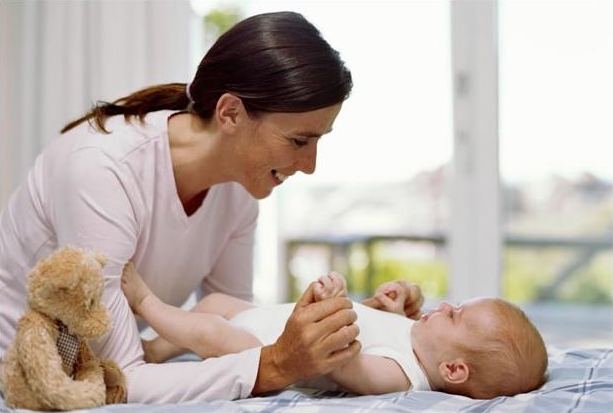Quick Hits
Daily brief research updates from the cognitive sciences

I presume you’re not just talking about stressed mothers stressing out their kids and/or grandchildren?
Not precisely. I’m talking about passing on stress activation patterns in DNA genetically.
Oh, that doesn’t sound good!
No, it isn’t good. We have known for quite a while that so-called epigenetic changes seem to be passed on to offspring.
What’s epigenetic?
All genes need to be activated and can be activated in different ways. Epigenetic markers are not a change in genes but how the existing genes are activated or not.
Ok, and this can be passed on?
Yes, the researchers from the University of Iowa, found out the precise mechanism. Clever things they are. But it is complicated. Basically instead of cleaning the hard drive, so to speak, and resetting genes, a protein released stops this “cleaning of the hard drive” and instead of the genes being reset the stress is passed on. Specifically in this case being present in unfertilised eggs.
And what changes?
In this case, Quote: “One of these newly silenced genes encodes the insulin receptor, which is central to metabolic changes with diabetes in humans, and which, when silenced, alters an animal’s physiology, metabolism, and stress resilience.”
Is this big news
Well, as I said, we already knew some of these things can be passed on. For example previous research has shown parents who have been though periods of starvation add an “eating” gene activation and this is passed on to children who are more likely to become obese. Read about that here.
Oh wow? So we should look after ourselves because the damage we do to yourselves can be passed on to our children.
Precisely!

Andy Habermacher
Andy is author of leading brains Review, Neuroleadership, and multiple other books. He has been intensively involved in writing and research into neuroleadership and is considered one of Europe’s leading experts. He is also a well-known public speaker speaking on the brain and human behaviour.
Andy is also a masters athlete (middle distance running) and competes regularly at international competitions (and holds a few national records in his age category).
Reference
Srijit Das, Sehee Min, Veena Prahlad.
Gene bookmarking by the heat shock transcription factor programs the insulin-like signaling pathway.
Molecular Cell, 2021
DOI: 10.1016/j.molcel.2021.09.022
More Quick Hits
Why We Share Posts on Social Media
Is it just pictures of cats that we share on social media? That is a cliché – most of social media does not have post of cats on them and all manner of things are shared.
What Makes Human Brains Different?
Those who have followed my writing and articles will know that this is a question that comes up regularly. Just what is different to human brain compared to other species?
Brain Centre For Altruism Identified
Various parts of the brain have been associated with social behaviour but this particularly interesting study looked at effortful decision-making to help others and identified a region that only activates to this.
Genes Or Exercise for Living Longer?
We all know that we should get our exercise. And we all know that this is associated with many positive health outcomes. This includes living longer.
Yay! “Inoculation” Against Misinformation Effective
Wouldn’t it be great in the current world if we could inoculate people against misinformation. Sigh! But that will never happen
Lack Of Sleep Makes Us Selfish
We humans are a social species, we do things in groups, gather in restaurants, bars, music venues, and public spaces together.






